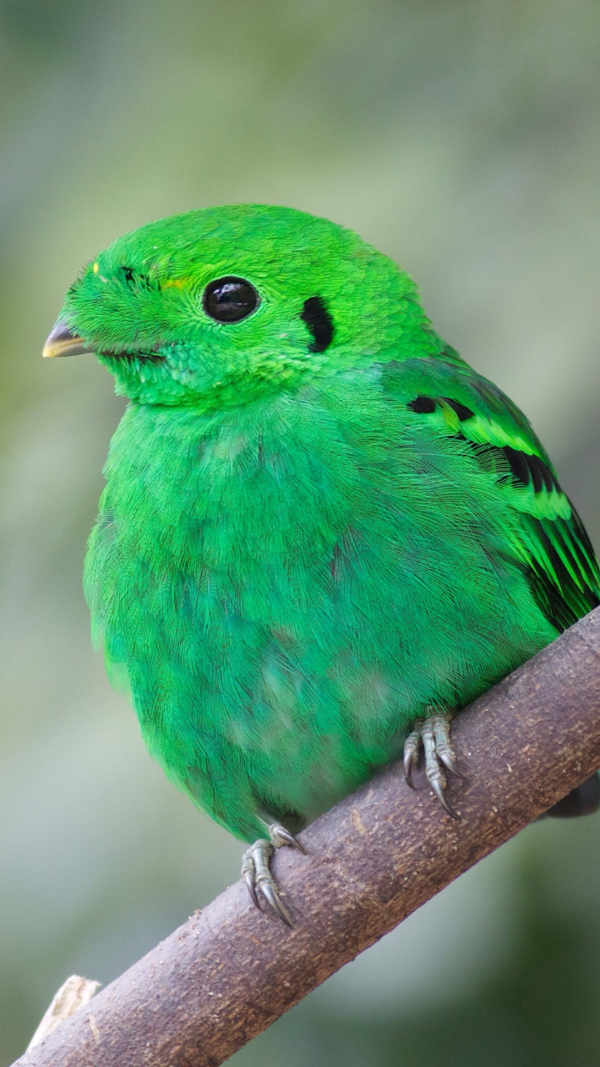Trending
Solar Eclipse has this strange impact on birds: Researchers reveal surprising details
During the 2024 total solar eclipse, scientists studied bird behavior. They found birds quiet down as the eclipse nears totality. Remote acoustic monitoring helped gather data. Birds became silent when the sun was 99 percent obscured. Different bird species showed varied responses. Researchers believe sudden darkness triggers this behavior. Temperature, wind, and cloud cover did not solely influence bird sounds.
Nature is a cradle of unexpected surprises that often go beyond the explanation of science, a leading example of which could be the eerie silence that accompanies the darkness that comes with a total solar eclipse. Birds, which are typically loud and active during the day, stop chirping as the sky gets covered by darkness.
This interesting behaviour of avian creatures has surprised observers for years, and many relate this to the sudden change to something unexpected. However, scientists had taken a closer look at this behaviour during the 2024 total solar eclipse and noted down the observations through a systematic scheme.
Birds go silent during 'totality' of an eclipse
One of the key observations in this study was the use of remote acoustic monitoring that was different from the previous efforts, where human presence might have impacted bird behaviour, researchers placed 344 acoustic monitoring devices known as "Haikuboxes" in various locations.
This helped in unbiased and continuous data collection, without human interference. David Mann, a researcher at Loggerhead Instruments and one of the study's authors, explained, “Our first, quick look at Haikubox data just a few hours after the eclipse showed a large dip in bird vocalizations around the time of peak totality.”

Researchers removed human voices from the data
The researchers went a step ahead, removing any data from sites where humans were also heard because excitement and celebrations could have altered the birds' responses. Once the human factor was eliminated, the data revealed that birds became completely silent only during totality, the brief period when the sun was fully obscured. This was an important observation that had not been fully understood in past studies.
Another surprising information from the study was the difference in responses from varied bird species and even the same species at different locations. For example, black-capped chickadees in New York State remained quiet long after the totality had passed. Meanwhile, their species of birds in Vermont began singing again during and immediately after the eclipse’s peak. "The variability in bird responses and site differences was fascinating," said Mann. "We really don’t know why birds had such different responses to the total darkness during the eclipse."
What are the reasons why the birds go silent?

End of Article
Follow Us On Social Media
Visual Stories
Tired of too many ads?










